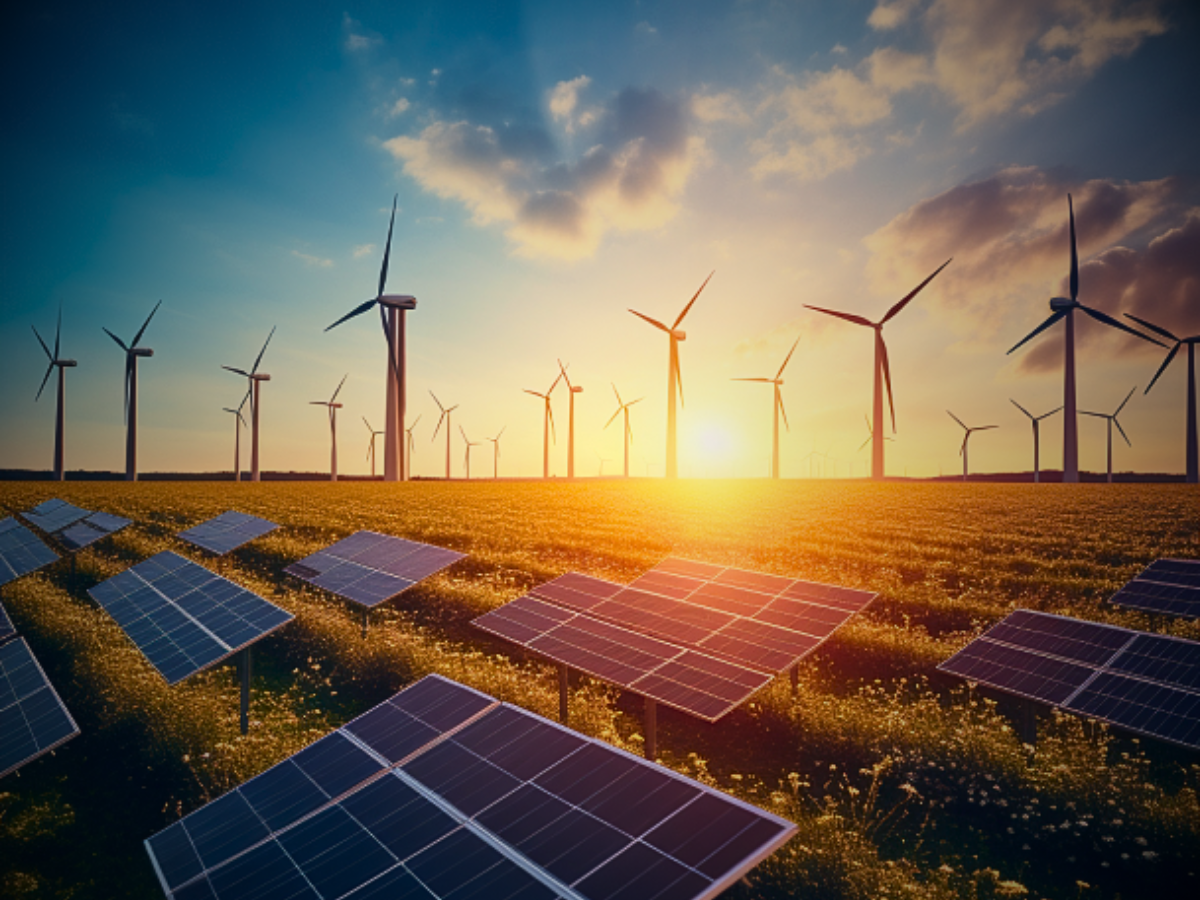ABIDJAN – Africa must increase investment in developing its renewable energy and attract greater support of the private sector and international financial institutions if it is to achieve the Sustainable Development Goals [SDGs], experts meeting in Abidjan stressed last week.
The continent should also control, exploit and transform its enormous mineral resources locally in order to generate the financial resources needed for its development, urged the experts, who represented a dozen African countries, during an African Development Bank [AfDB] workshop. The meeting’s theme was Financial Modelling for the Extractive Sector [FIMES].
Speaking on a panel on “Financial modelling for a just energy transition for certain critical minerals in transition countries”, Director of Policy and Research at Sierra Leone’s Ministry of Mines and Mineral Resources Dr John David Cooper said renewable energy gave his country opportunities to achieve the Sustainable Development Goals. “We also need to be major players in the energy field,” Cooper said.
Participants noted that Africa has made considerable progress in energy transition despite the challenges.
Pointing to the scale of the challenges still ahead, Silas Olang, Energy Transition Advisor for Africa at the Natural Resources Governance Institute in Accra, Ghana, said that no African country ranks among the world’s top 30 in energy transition much as Still, Nigeria, Ghana, Ethiopia, Kenya and South Africa are examples of countries implementing ambitious renewable energy development policies.
Renewable energy have the potential to provide electricity to the 600 million Africans currently deprived of it, create jobs and stimulate industrialisation. “Every dollar invested in renewable energies will yield an additional US$ 0.93, and the deployment of renewable energies will progressively lead to lower costs, unlike fossil fuels,” Cooper said.
In addition to solar energy, Africa’s renewable assets include wind power, biomass, hydroelectricity and minerals such as lithium, graphite and cobalt, which are needed for renewable energy technologies including the production of solar panels and batteries for electric vehicles.
Director General for the Economy in Niger’s Ministry of the Economy and Finance Dogari Bassirou said his country’s uranium was exploited by France and its oil by China.
He said this resulted in huge financial losses for African governments, who more often than not had to make do with foreign mining companies’ statements on mineral content.
Cooper said the minerals were processed not in Africa but in European countries and China. “80 percent of African cobalt is refined in China. If we could refine the minerals in Africa we could sell them at a higher rate, because raw exports limit our financial gains. We are losing out enormously in the current system,” Cooper said.
Boubacar Lounceny Camara, representing Guinea, said countries needed help to better master the processes of setting costs and determining impurities in ores. “We say, for example, that the grade is 45 percent, but how can we verify and determine this,” Camara said.
He called on AfDB to assist African countries in setting up mineral processing plants prior to export.
“The price of raw gold is determined according to the amount of gold refined. But it’s the companies that give us the quantity of refined gold. This leads to huge losses. The metals leaving our countries contain other mineral resources,” he said.
Camara also said that Guinea had been able to define a bauxite reference price with the support of its international partners and was ready to share its experience with other African countries.
To boost the development of renewable energy resources, each African country must have a clear vision and draw up laws distinct from those applied to fossil fuels.
As for financing the sector, Dogari Bassirou said, governments needed to create a stable political environment, adopt laws that are attractive to the private sector, set up transparent budgetary systems and fight corruption.
According to Bassirou, the private sector, with its financial power and expertise, could play a crucial role, as can international financial institutions. He said the latter must help countries to set up regional projects, and act as a catalyst in mobilising additional investment.
Yannick Bouterige, Research Assistant at the Foundation for Development Studies and Research (link is external) (FERDI] explained how the African Development Bank, through its Extractive Sector Financial Modelling Project, was assisting African countries to mobilise more tax revenue, build institutional capacity and strengthen resilience.
Guinea, Mali, Liberia, Madagascar, Niger, Sierra Leone, South Sudan and Zimbabwe had already benefited from this two-year programme, which launched in 2020.
Innocent Onah, Chief Natural Resources Officer at the African Centre for Natural Resources Management and Investment [ECNR] at AfDB, said the Bank had several financing instruments, investment projects and departments dedicated to the sector that benefit all African countries.
“Our new Climate Action Window of about US$ 429 million could provide a great opportunity for financing low carbon projects from renewable natural resources in Africa,” Onah said.
https://thecooperator.news/coops-in-argentina-help-drive-expansion-of-renewable-energy/
Buy your copy of thecooperator magazine from one of our country-wide vending points or an e-copy on emag.thecooperator.news
